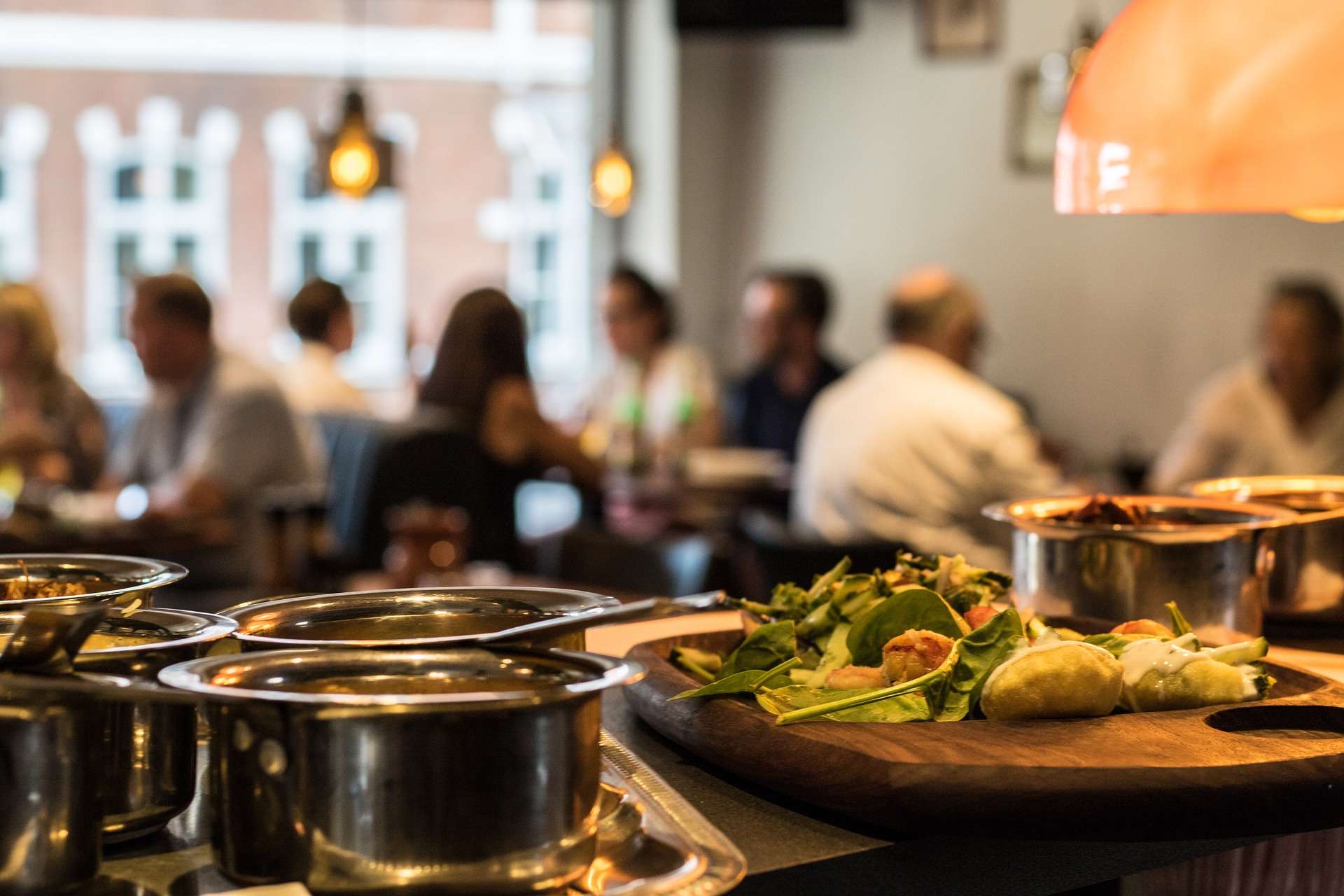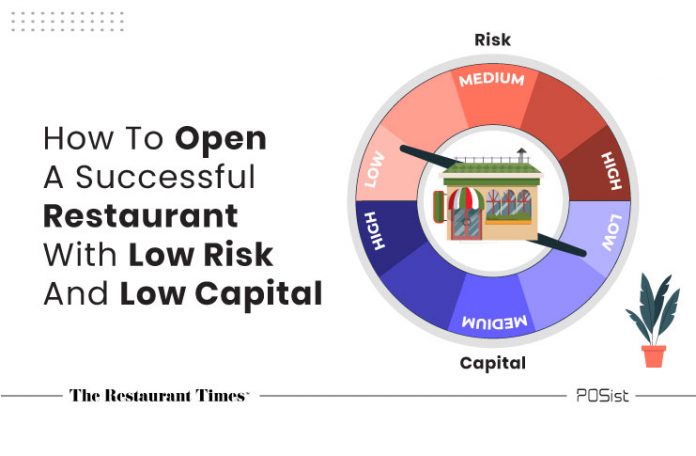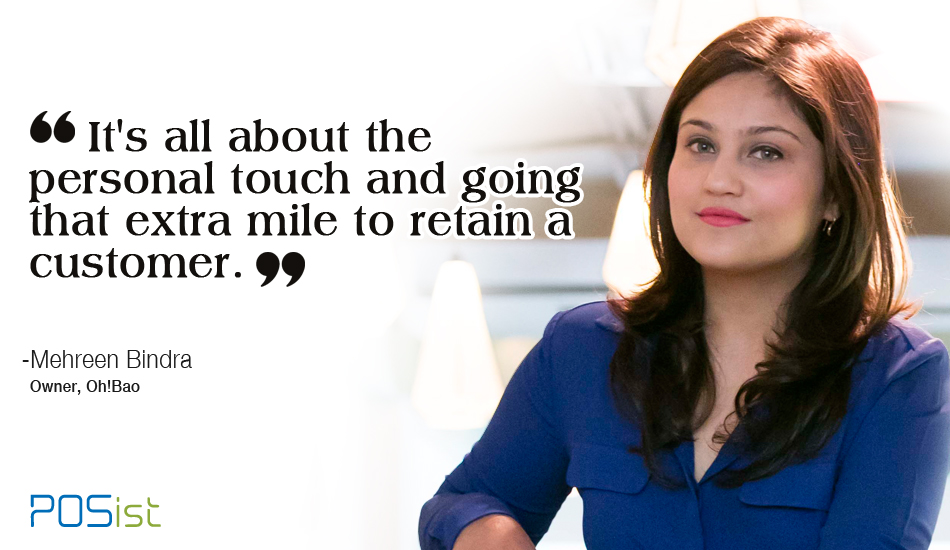Thinking of opening a restaurant? If you’re one of those culinary wizards, the idea of opening your own place would have definitely crossed your mind. You surely have magic in your hands, but do you have a brilliant strategy to survive in the market or enough funds to plan out your dream? Fret not. You’ve come to the right place!
Running a successful business takes hard work and a lot of risks. Be it financial, operational, compliance, security, or a risk of any other sort. Opening a restaurant with low capital is a big risk in itself. Mismanagement of funds is one of the biggest reasons why restaurant ventures fail.
This article aims to present you with low-risk ways of opening up a restaurant even if you are low on capital.
6 Ways To Open A Restaurant With Low Capital
It is important to understand that not every restaurant costs a fortune to open. There are several ways to start small and expand later, all you need is determination with a dash of patience. Let’s take a look at the different strategies helpful in opening a restaurant with low funds.
1. Decide Your Financial Approach
Before stepping into this lucrative industry, you must decide how much money you’re willing to invest. Due to financial mismanagement, a lot of restaurants fail to survive in the market. It’s crucial to have enough money to execute your dream restaurant. For that, you can either take a loan from banks, find an investor or you can use your own funds. Funding yourself is always a better option because you don’t have to go through the lengthy loan application processes, with no need for arranging collateral or impending return dates.
Once you cross the break-even point, you’ve to decide the future financial investment strategy for your restaurant. This is a very important step because you’ve to weigh all your options/costs equally. Keep in mind that this investment will play a significant role in the success of your business.
2. Leverage Angel Investors
As angelic as it sounds, these companies encourage new or small business ventures by providing much-needed capital. Primarily, an angel investor provides a particular amount of money in exchange for equity in the business.
Getting financial help from an angel investor is always a better option than debt financing. Since angel investors are always on the lookout for opportunities to make a profit, they don’t expect a capital return in case of failures, unlike banks. Angel investors can help by obviously investing a lot of money in your venture.
However, make sure to get an investor who promises sustained funding in line with your growth plans. Other than finances, they usually have a wide network of consultants and advisors who can help you in growing your business through mentorship and valuable suggestions.
Many angel investors are domain specialists and have extensive industry knowledge. They can introduce you to people who are in a similar niche as you. They can refer you to experts in the fields of sales, marketing, business development etc. They can play a pivotal role in growing your business. In order to safeguard their own interests, they may appoint their own employees, according to the needs of your restaurant.

3. Consider Opening A Catering Business
As a fresher, a catering business sounds much more profitable than opening a restaurant as you don’t need heavy investment. It will not only hone your cooking but will improve your business skills as well. Focusing on a group of 20-30 people at a time will prepare you to tackle larger crowds. Once you’re established enough and have all the funds, you can expand your small business into a full-fledged restaurant.
4. Start Off With A Food Truck
Another idea that you can start off with is food trucks! There are several benefits of starting a food truck other than low costs. Location is considered as the utmost priority for restaurants, if the location is not prime, the popularity of the restaurant reduces. However, that is not the case with food trucks, you can try different locations which can increase sales. Your truck also acts as your marketing agent, wherever it goes it creates brand awareness without investing a penny.
Food trucks can be used for occasional catering, and delivery services at the same time. Newburyport’s Metzy Taqueria and Atlanta’s Bandona started their business on food trucks but in just a few years, using smart business technologies, have expanded their business into full-fledged brick and mortar restaurants. Low cost, free advertising, limited menu and what not? Food trucks are the real deal.
5. Switch To Cloud Kitchens
Cloud kitchen, also known as ghost kitchen, has strong potential due to the low capital required to set it up. These virtual restaurants have an opportunity to get creative and experiment with new things. Introducing anything new on the menu is not as big of a risk, compared to brick and mortar restaurants.
Furthermore, cloud kitchens provide flexibility in rental cost and location. The primary costs relate to the staff and delivery partners, so there’s an enormous financial advantage over a full-blown restaurant business. It also eliminates some of the basic yet expensive requirements of restaurants such as dinnerware, decoration items, furniture, etc.
6. Take Baby Steps
Every business takes time to rise and restaurant businesses are no different. Opening your own restaurant requires a carefully tailored restaurant business plan. A step-by-step execution of your plan can help you in achieving your dream. Be unique because new eateries with better ideas tend to attract customers. With proper management and adequate skill sets, one can expect higher profits. If opening a restaurant is your dream and you’re financially incapable, take baby steps, start small, and believe in yourself.
Setting up a restaurant business with low capital is a risky little game. You don’t want your business to plummet to failure within a few years of its establishment. Implement these tips and tricks to your business and observe how your small business makes it big over the course of a few years!

















